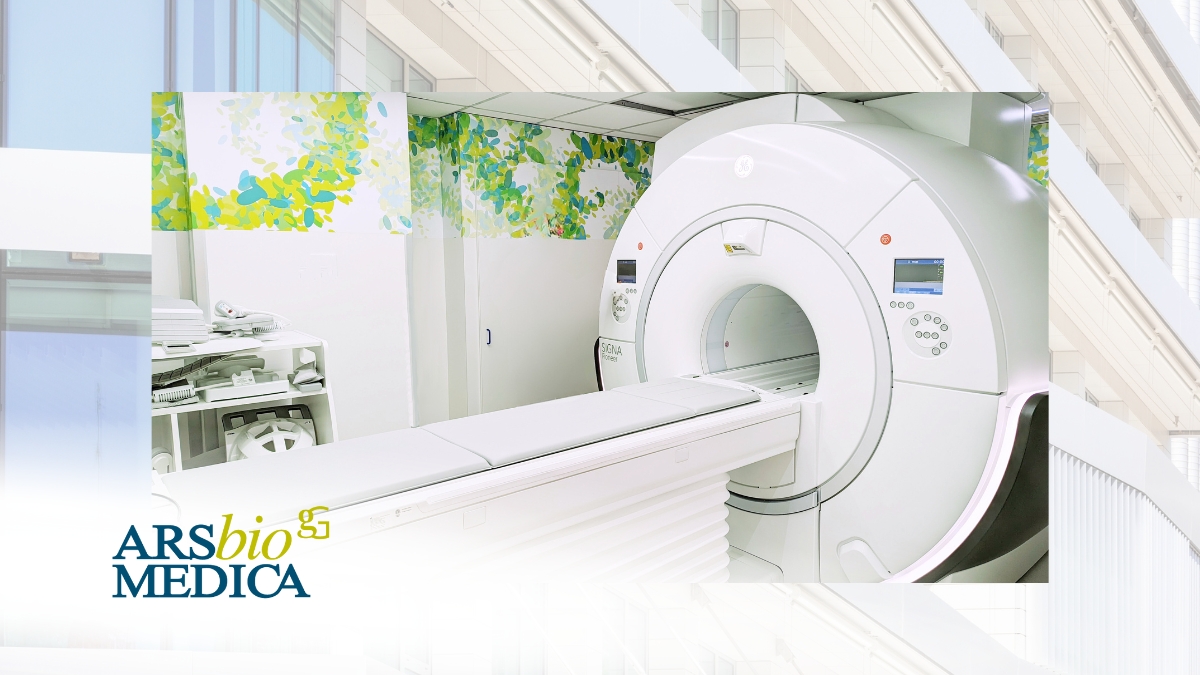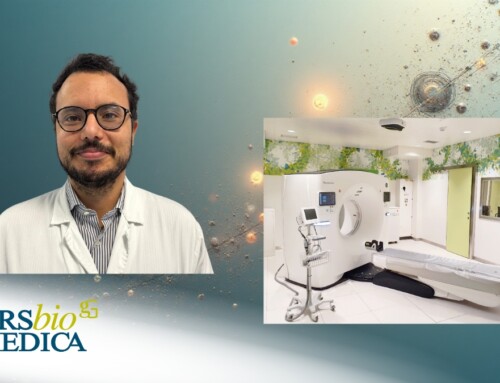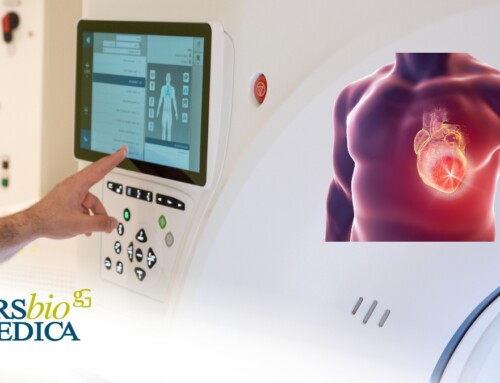
Articolo del 12/12/2024
High-Field MRI in the Heart of Northern Rome
In the realm of cutting-edge diagnostic imaging, Arsbiomedica Clinic stands out for its use of 3 Tesla Magnetic Resonance Imaging (MRI). This state-of-the-art technology combines a powerful high-field magnet with advanced artificial intelligence software, offering unparalleled precision. It marks a significant step forward in early diagnosis, providing exceptionally clear, detailed, and three-dimensional images that can detect even the smallest lesions.
What are the advantages of this technology? And what comfort measures does Arsbiomedica provide for its patients?
We discuss this with Dr. Giulio Vallati, Head of Diagnostic Imaging at Arsbiomedica.
1. What are the benefits of the 3 Tesla High-Field MRI at Arsbiomedica?
The 3 Tesla MRI at our clinic, equipped with a high-field magnet and advanced AI-powered software, enables early and highly accurate diagnosis. This technology supports the medical team by facilitating a personalized and precise treatment plan for each patient.
2. What are the primary advantages of MRI compared to other diagnostic imaging techniques?
Our high-field MRI features a wider bore (entry opening) and surface coils, significantly reducing the feeling of claustrophobia that may prevent some patients from undergoing the procedure. Additionally, the AI-enhanced software applied during and after the scan reduces the time a patient spends inside the MRI and substantially improves diagnostic performance.
3. How does high-field MRI support the early diagnosis of diseases?
High-field MRI allows for the study of incredibly small structures, even below a millimeter in size, and creates three-dimensional reconstructions of all body organs. This capability enables the detection of very early-stage lesions, which is crucial for timely diagnosis. The technology serves as a vital tool for clinicians, aiding medical or surgical interventions with precision and confidence.
4. What Role Does Artificial Intelligence or Advanced Software Play in MRI Result Interpretation?
AI-powered software provides several significant benefits:
- Reduced Examination Time: It enhances patient comfort by shortening the duration of the scan.
- Improved Image Clarity: AI helps radiologists achieve more precise diagnostics by delivering sharper, more defined images.
- Functional Studies: It enables detailed functional analysis of the organs being examined.
5. Are There Specific Protocols at Arsbiomedica to Ensure Patient Comfort?
Yes, Arsbiomedica employs several measures to enhance patient comfort:
- Noise Reduction: The naturally noisy MRI machine is mitigated with headphones that play music, allowing patients to relax during the scan.
- Flexible Coils: These are designed to be highly comfortable, not compressing the patient’s body except in the head region, significantly reducing feelings of claustrophobia.
- Wider Bore: The MRI machine’s wider opening (bore) provides better airflow and visibility, further minimizing any claustrophobic sensations.
6. How Important Is Technological Advancement for Enhancing Diagnostic Accuracy Over Time?
Continuous technological advancement is essential in the ever-evolving field of diagnostic imaging. Since the introduction of MRI in the early 1990s, the technology has undergone dramatic improvements, shifting from basic volumetric imaging to advanced AI-driven capabilities.
Today, with state-of-the-art AI software, we can predict the presence of neoplasms before they become clinically apparent. This allows us to detect microscopic lesions early, even before they manifest symptoms, based on genetic testing or identified risk factors.
Keeping software updated and utilizing cutting-edge equipment plays a crucial role in the diagnostic and therapeutic journey. It ensures patients receive accurate and timely answers about their health, enabling personalized and effective treatment plans.






